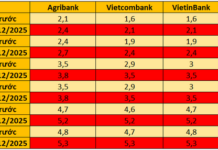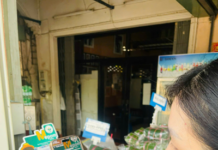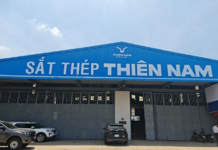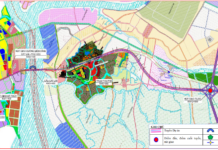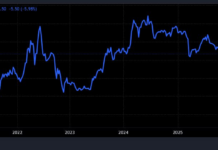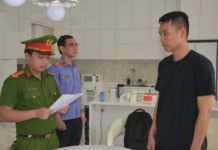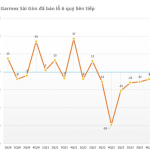A recent lengthy lawsuit concluded with a BMW X5 owner being awarded $1.9 million in compensation after a power-operated door severed his thumb. The incident occurred in July 2016 when Godwin Boateng, a New York-based software engineer, experienced a severe accident with his 2013 BMW X5.

In July 2024, after more than seven years of litigation, a US jury delivered a surprising verdict: BMW was ordered to pay $1.9 million to Mr. Boateng. While BMW was not found guilty of manufacturing defects, the jury affirmed their full responsibility for the accident.
According to Boateng’s account, at the time of the incident, the driver’s door of the BMW X5 was open by about 30 cm. When he activated the power door function, the door unexpectedly closed, trapping and severing his thumb. Despite timely hospitalization, Mr. Boateng was unable to fully restore the function of his thumb. This injury significantly impacted his ability to work, affecting his income and daily life.
Following the accident, Boateng filed a lawsuit against BMW seeking $3 million in compensation, arguing that the accident had caused an annual loss of income of about $250,000. BMW, after inspecting the X5 in question, concluded that “the power door function was not faulty” and denied the compensation claim. The automaker argued that the consumer was at fault for placing his finger in the door’s path and that “it is common knowledge that one should not place fingers or other body parts in the path of a closing door.”
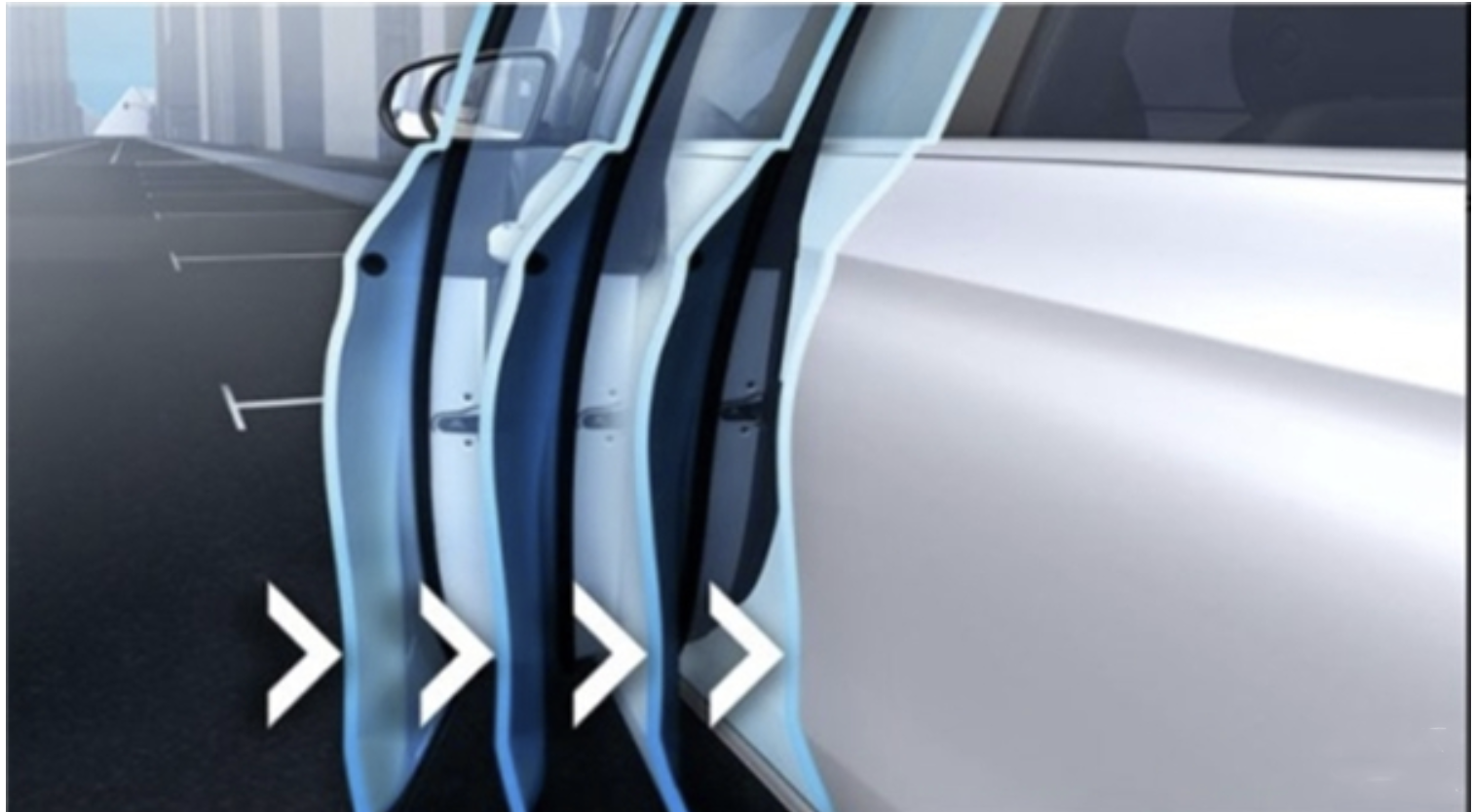
The case has now been adjudicated, and after more than seven years of litigation, a US jury has ruled that BMW must compensate the car owner $1.9 million. Notably, BMW was not convicted of any fault due to defects in the design or function of the power door, but the jury determined that the automaker bore full responsibility for Mr. Boateng’s injury.
During the trial, Mr. Boateng reiterated that BMW had been aware of the potential safety issues with power doors since 2002. This raises questions about the manufacturer’s responsibility for ensuring user safety. BMW continues to refute the verdict, asserting that “there were no defects in the vehicle or door-closing software.”
This lawsuit has garnered significant public attention and poses important questions about automotive safety design. Whether this case will lead to changes in power door design focused on user safety remains unanswered. At present, it is unclear if BMW plans to appeal the lawsuit outcome.
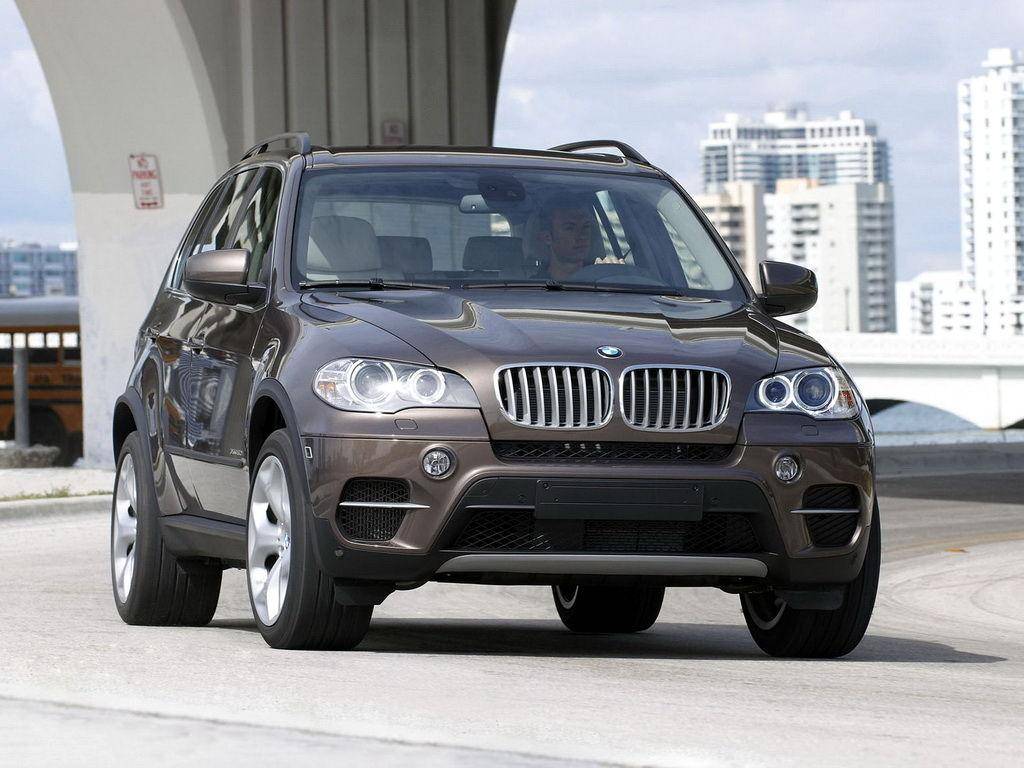
BMW has not yet officially commented on the verdict, and it is unknown if they will appeal. This case also raises questions about the responsibility of automobile manufacturers for user safety and whether current safety regulations need to be supplemented.
There are several important lessons that consumers and automobile manufacturers can draw from this lawsuit. For consumers, understanding the functions and safety features of their vehicles is crucial. Being cautious and adhering to safety instructions can help prevent unfortunate accidents.
For manufacturers, this case underscores the importance of continuously improving and testing safety features in vehicles. While BMW was not found guilty of defects in design or function, the substantial compensation highlights consumers’ high expectations for safety and quality. Manufacturers need to prioritize the detection and resolution of potential safety issues, ensuring that all features operate safely and effectively in all scenarios.
Dong A Group sues Thanh Hoa City’s People’s Committee for land dispute
The Thanh Hoa Provincial Court recently announced the handling of a case involving an administrative dispute between the plaintiff, Dong A Group Limited Liability Company (Dong A Group), represented by Mr. Cao Tien Doan, CEO, located at 1A Nguyen Hieu, Le Loi Boulevard, Dong Huong Ward, Thanh Hoa City, and the defendant, Thanh Hoa City People’s Committee, with the related rights and obligations held by Thanh Hoa Provincial People’s Committee.
Justice Department Sues Two Cryptocurrency Companies for Billions in Fraud
According to the New York State Attorney General, Gemini Trust Company concealed risk when investing with Genesis, and Genesis lied to the public about its losses, causing investors to lose over $1 billion.
Ripple CEO Garlinghouse Faces Lawsuit Over Securities Sales
A lawsuit has been filed targeting Ripple, Brad Garlinghouse, and XRP II, LLC, alleging that the defendants violated securities laws. The plaintiffs claim that Ripple’s sale of XRP tokens constitutes the sale of unregistered securities. They argue that Ripple and its executives made false statements and engaged in deceptive practices to promote, sell, and profit from XRP. The lawsuit seeks to hold Ripple and its executives accountable for these alleged violations and obtain compensation for the plaintiffs.
After lawsuit with partner, Garmex Sai Gon is forced to sell 7.6ha of land to overcome difficulties and lack of orders.
Ending the fiscal year 2023, Garmex Sai Gon reported a consolidated net revenue of nearly VND 8.3 billion, a 97% decrease compared to 2022, and an approximate post-tax loss of VND 52 billion.








